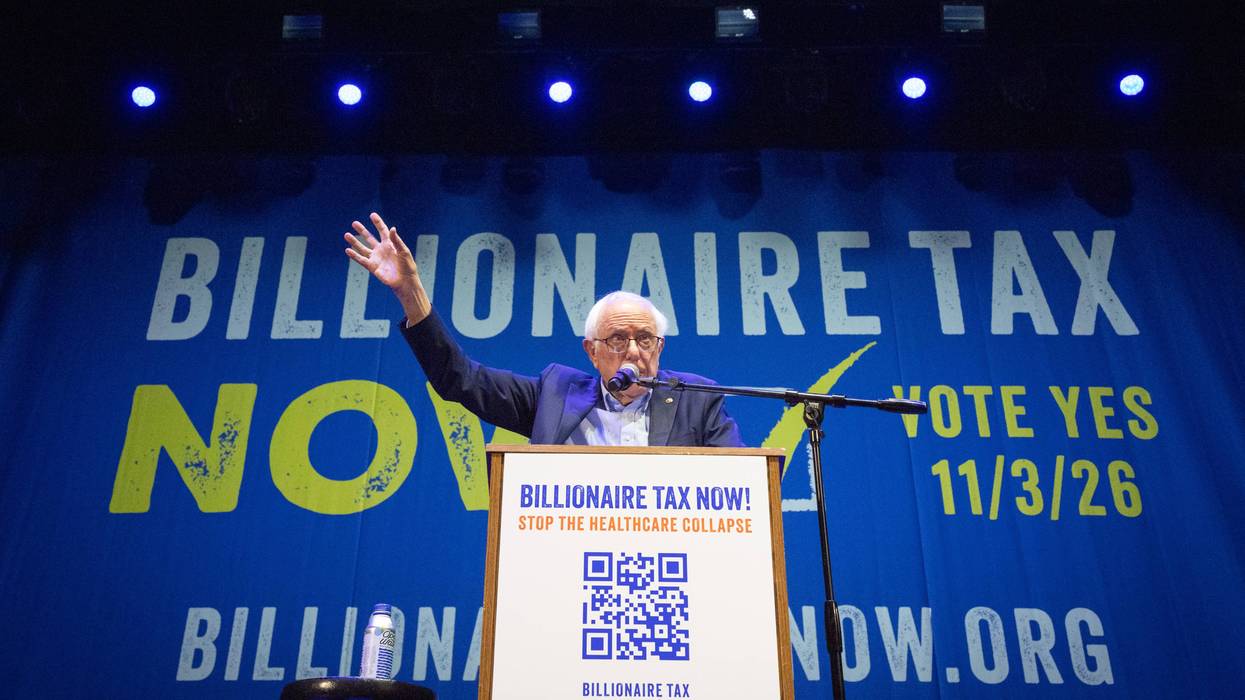With the COVID-19 pandemic accelerating, job and health insurance losses accumulating, and a Democratic administration soon to be in charge in Washington, debate over health care reform looks set to return to the national stage. Previous projections of the costs of universal coverage, much cited by single-payer opponents, have concluded that expanded coverage would lead to surging healthcare use and costs. But a new study by researchers from Harvard Medical School, the University of California San Francisco, the City University of New York at Hunter College, and the Public Citizen Health Research Group published January 5 in Health Affairs concludes that predictions of large cost increases are likely wrong. The researchers, citing real-world experience with society-wide coverage expansions in the U.S. and 10 other wealthy nations, conclude that universal coverage increases the overall use of care only modestly or, in some cases, not at all.
The researchers find that a factor rarely considered in the previous analyses--the finite supply of doctors' and nurses' hours and hospitals beds--has constrained cost and utilization increases in essentially all past coverage expansions, and would similarly prevent a surge in use under Medicare for All or other universal coverage reforms. The study finds strong evidence that new services provided to the people who gain coverage would likely be offset by reductions in useless or low-value care currently over-provided to the well-off.
Health economists have traditionally assumed that because society-wide coverage expansion would reduce cost barriers, patients' use of health care--and consequently costs--would soar. They cite decades of careful research showing that individuals with better insurance coverage use more health care. However, the authors of the Health Affairs study note that after society-wide reforms, all care must still be provided using the same supply of doctors, nurses, and hospital beds, a supply that is mostly fixed, at least in the short run. The authors note that most projections of the costs of universal coverage have ignored the fact that the supply of health care is constrained, and have failed to account for countervailing changes in the use of care by individuals whose coverage did not change. They present evidence that after society-wide coverage expansions, the newly insured do (as economists predict) increase their use of care, but this is offset by small, nearly imperceptible reductions in care to persons who were already well-insured.
The researchers based their conclusion on analyses of coverage expansions in 11 nations. In those cases, the median increase in the number of hospitalizations society-wide was only 2.4%, while doctor visits increased by only 4.6%. Moreover, because hospitalizations and visits were already on the rise before most of these coverage expansions, the increases were even smaller when accounting for those pre-existing trends.
Overall, the study estimates that a Medicare-for-All program offering first-dollar universal coverage would lead to a 7-10% increase in outpatient visits, and a 0-3% increase in hospital use, figures far lower than most previous analyses, and which could be readily offset by administrative cost savings.
"The experience of previous coverage expansions seems paradoxical: while insurance coverage soars, overall health care use rises only modestly," noted lead author Dr. Adam Gaffney, a pulmonary and critical care physician at Harvard Medical School and the Cambridge Health Alliance. "Our findings clash with the traditional economic teaching: that giving people free access to care would cause demand and utilization to soar. That traditional thinking ignores the 'supply' side of the health care equation: doctors' and nurses' time and hospital beds are limited, and mostly already fully occupied. When doctors get busier, they prioritize care according to need, and provide less unnecessary care to those with minimal needs to make way for patients with real needs."
"Past society-wide coverage expansions haven't caused surges in health care use," noted study co-author Dr. Steffie Woolhandler, Distinguished Professor at the City University of New York at Hunter College, Lecturer at Harvard Medical School, and Research Associate at Public Citizen, "so analysts who've confidently projected a tsunami of health care use and costs after Medicare for All are ignoring history."
"The supply-focused framework we advance in our study," commented senior author Dr. James G. Kahn, Emeritus Professor at the University of California San Francisco School of Medicine, "challenges the idea that 'skin in the game' is needed to control health care costs. Many other nations have achieved universal coverage at affordable cost, without imposing big copayments or deductibles. We can too."




